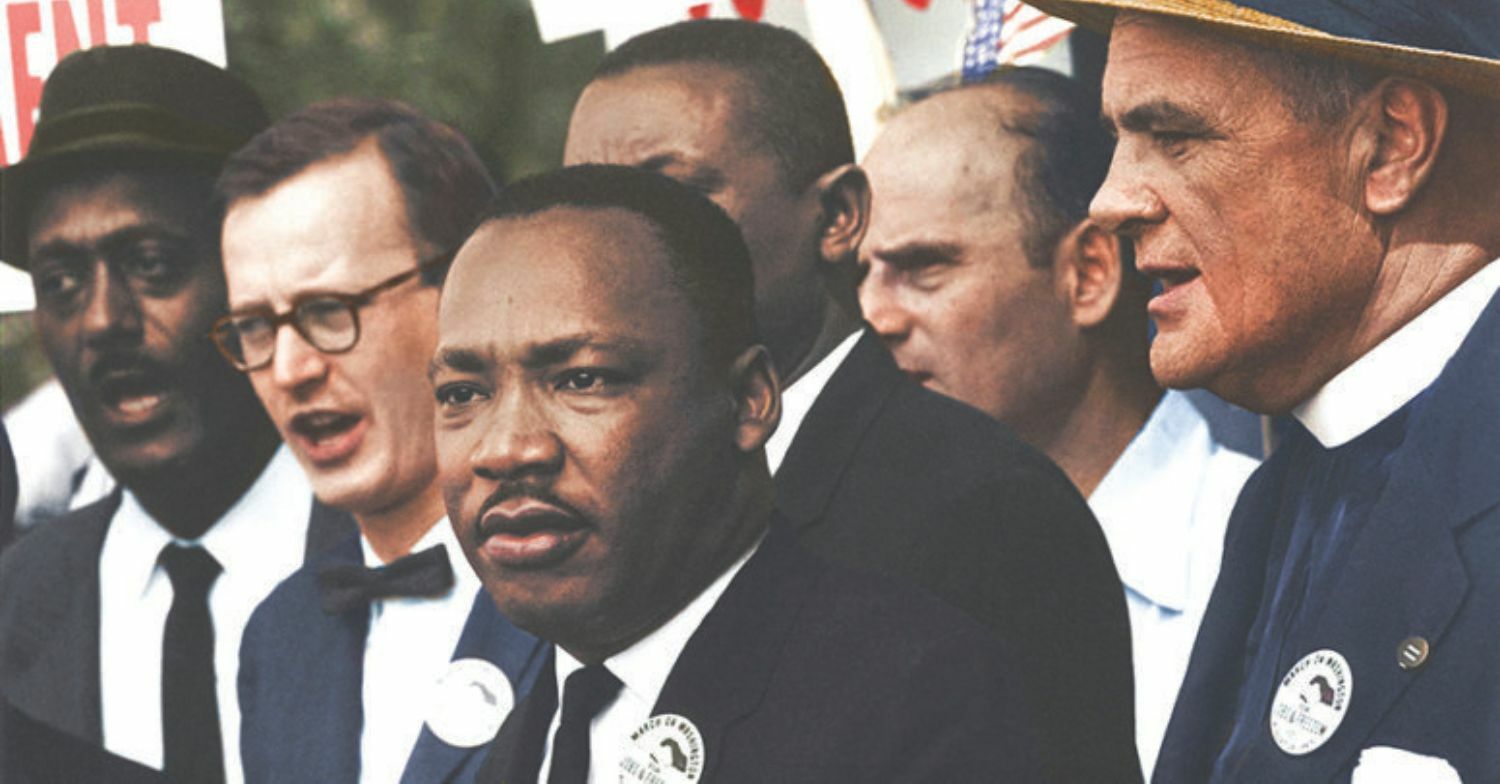Living the Faith: the Ministry of Reconciliation


We have a confession that brings theology into the heart of real-life struggle: The Confession of 1967 was written to address urgent social and moral challenges—not with vague ideals, but with bold, gospel-shaped clarity. At its center is a single word that defines both the work of Christ and the calling of the church: Reconciliation.
The Gospel in the Midst of Division
The Confession of 1967 was adopted during one of the most turbulent decades in American history. The civil rights movement, war in Vietnam, and growing economic inequality had stirred both courage and division within the nation—and within the church.
In that moment, the Presbyterian Church recognized that belief couldn’t remain abstract. It needed to be lived.
The confession proclaims: “To be reconciled to God is to be sent into the world as God’s reconciling community." In other words, reconciliation is not a passive gift we simply receive. It is a mission we are called to embody—in our relationships, our communities, our politics, and our peacemaking.
From Creed to Calling
This confession doesn’t just affirm that Christ reconciled the world to God. It also insists that we are entrusted with that same ministry. In a time of polarization and broken trust, the church is called to be a repairing people—not just avoiding conflict, but healing wounds. Our scriptures this week—2 Corinthians 5:16–20 and Luke 10:25–37 (The Good Samaritan)—underscore this call. We are invited to see others with new eyes. To cross boundaries. To live out what we believe with compassion and courage.
Join the Series
This summer, we’re exploring how our deepest convictions lead to our truest worship. The Confession of 1967 helps us connect the cross to the neighborhood, the church to the street, the gospel to real lives. This is not a Sunday for easy answers. But it is a Sunday for hope. For courage. For community. For taking seriously what it means to be the body of Christ in a divided world.
This Sunday, we reflect on what it means to live our faith in a way that heals, connects, and reconciles.
Bring your questions. Bring your longing. Bring your heart.